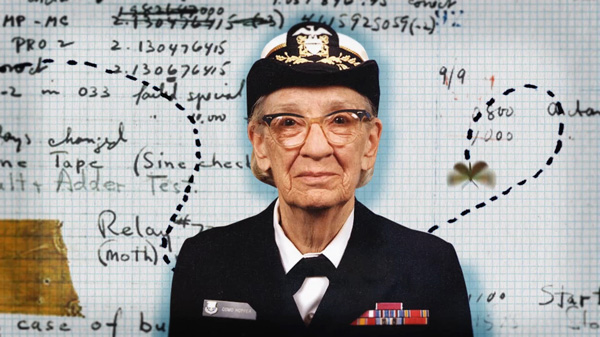By Estrella Salgado
Pop culture has always had a vaguely morbid fondness for struggling artists, beautiful women, and tragic deaths. American poet Sylvia Plath meets all of those qualifications, so it’s no wonder that she remains a literary icon.
Plath was born in Boston, Massachusetts, on October 27, 1932. She had a privileged early childhood, but that idyll was shattered when her father, Otto Plath, died in November 1940. Plath had adored, idolized, and feared Otto, who later inspired one of her most famous poems, “Daddy.” His sudden passing caused Plath to lose her religious faith, and heavily influenced her lifelong obsession with death and family.
Plath took every opportunity to hone her wordplay as a youth. At the age of eight she had her first poem published in the Boston Sunday Herald, and after forty-five tries, Seventeen published one of her short stories in August 1950.
While studying English at Smith College, Plath became the editor of the The Smith Review and won third place in another Seventeen writing contest. Sadly, those glowing accomplishments hid a dark truth. Away from home and deeply frustrated with minor failures, Plath slid into a deep depression. Her mother, Aurelia Plath, stepped in and sent her to a doctor who prescribed bipolar electroconvulsive shock treatment. Aurelia’s good intentions went horribly awry when Plath, unable to bear the strains of perfectionism and pain, took forty sleeping pills on August 24, 1953. She survived this first attempt at suicide, but it left her emotionally scarred.
Plath’s troubles during her college years are intimately detailed in her 1963 semi-autobiographical novel The Bell Jar. Its main character, Esther Greenwood, struggles with her mental health and wrestles with themes of sex, morality, marriage, and gender roles. The Bell Jar was Plath’s only novel, but it is a critical part of her literary repertoire.
After graduating summa cum laude from Smith, Plath moved to England as a prestigious Fulbright scholar at Newnham College in Cambridge. There, she met Ted Hughes, a charismatic English poet who was her literary equal. After a whirlwind romance of less than four months, they married in secret. For a while, they traveled around the United States, writing and teaching.
The martial euphoria began to wear off when Plath and Hughes moved back to England in December 1959. In 1961, Plath had a miscarriage, and her mental health was once again shaken. Adding to her emotional pain was Hughes’s string of affairs. Eventually, the couple separated, and Plath’s depression became brutally overwhelming. On her last day of life, February 11, 1963, she entered the kitchen, locked the door, lined the bottom with towels, turned on the oven, and breathed in the noxious fumes. In the next room, her children slept peacefully; miles away, her inconstant husband took his latest girlfriend to a flat on Rugby Street where they had spent their wedding night.
In 1965, Hughes published Plath’s final collection of poetry, Ariel. This posthumous magnum opus catapulted her to stardom. Thus began the worldwide fascination with what Hughes bitterly called “the Plath Fantasia.” Her twisted world was dictated by the twin drives of agony and artistry. Sylvia Plath’s distinctive writing is the work of a woman truly mad for her craft.








